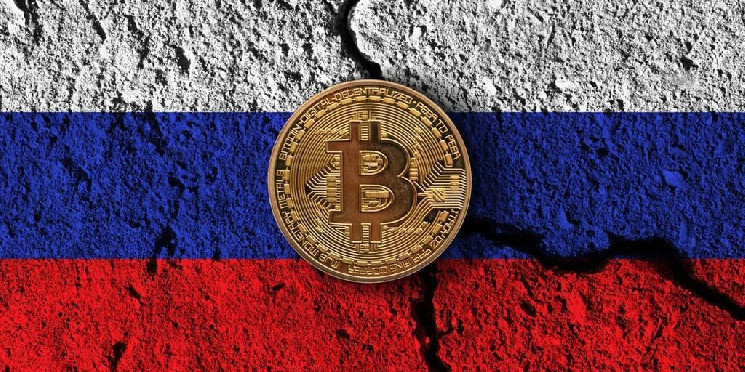Russia Grapples with Rising Crypto-Related Crimes
Russia is facing a growing challenge in combating crimes linked to cryptocurrency, as highlighted by the country’s Supreme Court. At a recent meeting attended by President Vladimir Putin, Irina Podnosova, Chairperson of the Russian Supreme Court, emphasized the increasing role of digital assets in criminal activities across the nation. According to Podnosova, cryptocurrency is now frequently used as a means of committing crimes, as criminal income, or as the object of the offense itself. The rise in crypto-related crimes has prompted the Supreme Court to prepare a legislative initiative that would formally recognize cryptocurrency as property in criminal cases. This move aims to clarify the legal framework and provide law enforcement with the tools needed to address these evolving offenses effectively.
The Economic Fallout of Illegal Crypto Mining
In addition to the surge in crypto-related crimes, Russia is also dealing with the economic consequences of illegal cryptocurrency mining. The state-owned news agency TASS recently reported that unauthorized mining activities have caused over $14 million in damages to the national power grid in 2024 alone. The regions most affected by this issue include the North Caucasus, Novosibirsk, and Volga, where illegal mining operations are overburdening the power grid and damaging both industrial and household equipment. To combat this problem, the Russian government has implemented seasonal mining bans in several regions, which are set to remain in place until 2031. These measures are complemented by proposals for a national registry of mining equipment and stricter penalties, including criminal charges and fines, to deter offenders and protect critical infrastructure.
Russia’s Complex Relationship with Cryptocurrency
Despite its efforts to crack down on illicit crypto activities, Russia’s relationship with cryptocurrency is increasingly complex. On one hand, the government is enforcing tougher regulations to combat internal crypto crimes, such as money laundering and fraud. On the other hand, Russia is leveraging cryptocurrency to circumvent Western sanctions, showcasing a dual approach to digital assets. According to a recent report by blockchain analytics platform Chainalysis, Russia’s illicit crypto activities continue to thrive, with new non-compliant exchanges emerging to replace those shut down by authorities. This dynamic highlights the challenges Russia faces in balancing its need to regulate cryptocurrency with its strategic interest in using it as a tool to evade economic restrictions.
Legislative Measures to Combat Crypto Crimes
The Russian Supreme Court’s legislative initiative to recognize cryptocurrency as property in criminal cases is a significant step toward addressing the legal ambiguities surrounding digital assets. By classifying crypto as property, the proposal would enable law enforcement to seize, confiscate, and recover digital assets linked to criminal activities. This move is expected to strengthen the legal framework and provide clarity for investigators, prosecutors, and judges dealing with crypto-related crimes. The initiative also reflects Russia’s recognition of the growing importance of digital assets in the economy and the need to adapt its legal system to combat emerging threats effectively.
The Persistence of Illicit Crypto Activities
Despite the government’s efforts to regulate and crack down on illegal crypto activities, Russia continues to grapple with the persistence of illicit operations. The emergence of new non-compliant exchanges highlights the difficulties in completely eradicating unauthorized crypto activities. These platforms often operate in the shadows, exploiting loopholes in regulations and leveraging advanced technologies to avoid detection. The persistence of such activities underscores the need for continuous vigilance and innovation in regulatory and law enforcement strategies. The cat-and-mouse game between authorities and illegal operators remains a significant challenge, requiring a coordinated and adaptive approach to combat.
The Paradox of Russia’s Crypto Strategy
Russia’s approach to cryptocurrency is marked by a paradox: while the government is actively working to regulate and combat illicit activities, it is also embracing crypto as a means to navigate the complexities of international sanctions. This dual strategy reflects the broader debate about the role of cryptocurrency in the global economy. On one hand, crypto offers opportunities for innovation, financial inclusion, and economic resilience. On the other hand, it presents risks associated with money laundering, fraud, and the evasion of legal frameworks. As Russia continues to navigate this complex landscape, the country’s ability to balance regulation with innovation will play a crucial role in shaping its future relationship with digital assets.















